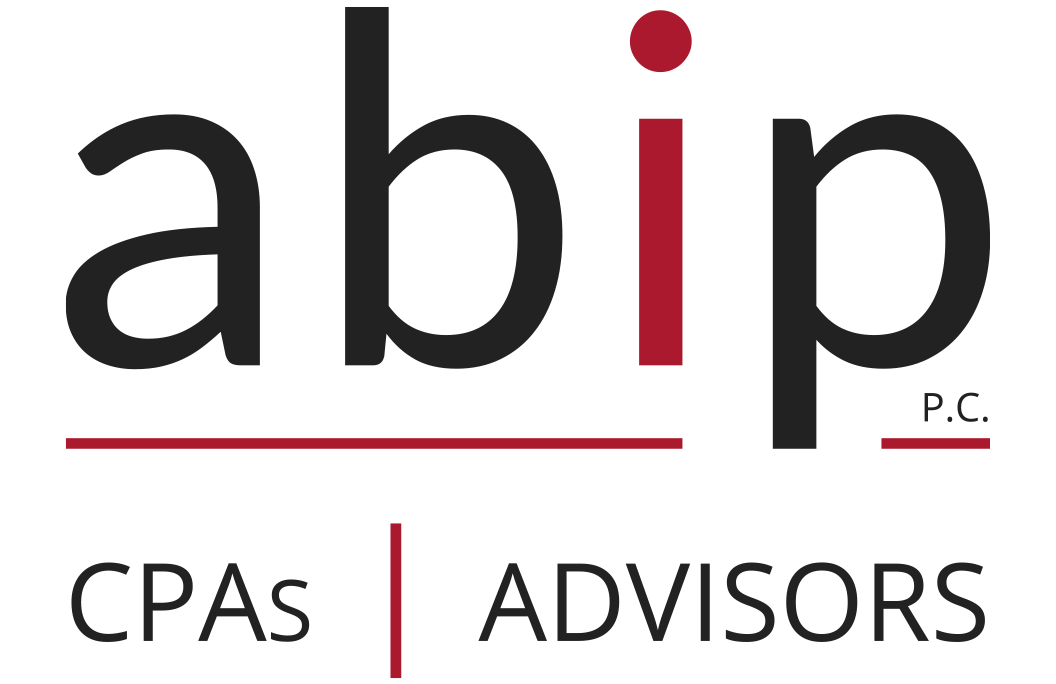CARES Act: Information for Individual Taxpayers
The Coronavirus Aid, Relief, and Economic Security (CARES) Act, the stimulus bill that was signed into law on March 27, 2020, contains legislation to stabilize the economy during the coronavirus pandemic. These measures include economic recovery checks for taxpayers, as well as several other tax provisions affecting individuals.
Let’s take a look at a few of the highlights:
Economic Impact Payments
Economic impact payments “recovery checks” will be sent to taxpayers in the next three weeks and will be available throughout the rest of 2020. For most people, they will be distributed automatically and no action is required; however, anyone who typically does not file a tax return must submit a simple tax return to receive the stimulus payment. Taxpayers might have questions about economic impact payments and answers to some of these questions are provided below.
1. Who is eligible?
Tax filers with adjusted gross income up to $75,000 for individuals and up to $150,000 for married couples filing joint returns will receive the full payment. For filers with income above those amounts, the payment amount is reduced by $5 for each $100 above the $75,000/$150,000 thresholds. Single filers with income exceeding $99,000 and $198,000 for joint filers with no children are not eligible.
Eligible taxpayers who filed tax returns for either 2019 or 2018 will automatically receive an economic impact payment of up to $1,200 for individuals or $2,400 for married couples. Parents also receive $500 for each qualifying child.
2. Where will the IRS send my payment?
Most people do not need to take any action. The IRS will calculate and automatically send the economic impact payment to those eligible.
For people who have already filed their 2019 tax returns, the IRS will use this information to calculate the payment amount. For those who have not yet filed their return for 2019, the IRS will use information from their 2018 tax filing to calculate the payment. The economic impact payment will be deposited directly into the same banking account reflected on the return filed.
If the IRS does not have direct deposit information. In the coming weeks, Treasury plans to develop a web-based portal for individuals to provide their banking information to the IRS online, so that individuals can receive payments immediately as opposed to checks in the mail.
3. What if I have not filed my 2018 or 2019 tax returns yet?
Anyone with a tax filing obligation who has not yet filed a tax return for 2018 or 2019 to file as soon as they can to receive an economic impact payment and include direct deposit banking information on the return.
If you typically are not required to file a tax return. The IRS will use the information on the Form SSA-1099 or Form RRB-1099 to generate Economic Impact Payments to recipients of benefits reflected in the Form SSA-1099 or Form RRB-1099 who are not required to file a tax return and did not file a return for 2018 or 2019. Each person would receive $1,200 per person, without the additional amount for any dependents at this time and includes senior citizens, Social Security recipients and railroad retirees who are not otherwise required to file a tax return.
Early Withdrawals from Retirement Plans
Taxpayers affected by the coronavirus are able to withdraw up to $100,000 and will not be subject to the 10 percent penalty for early withdrawals. Distributions can be taken through December 31, 2020. The amount withdrawn is considered income, however, and taxpayers have three years to pay the tax on the additional income and replace the funds in-kind. If you need to withdraw funds from a retirement plan, please call a tax and accounting professional to discuss how it could impact your financial situation.
Eligible taxpayer. Anyone who has been diagnosed with SARS-CoV-2 virus or COVID-19 disease or whose spouse or dependent has been diagnosed with the same. In addition, any taxpayer experiencing financial hardship from any of the following situations:
- Quarantined
- Furloughed
- Laid off
- Work hours reduced
- Unable to work due to lack of child care
Required Minimum Distributions (RMDs)
Required minimum distributions are suspended for tax year 2020.
Charitable Deductions
For tax year 2020, there is now an above-the-line charitable deduction of up to $300. In addition, the limitation on adjusted gross income (AGI) for charitable contributions (2020 tax year only) increases to 100 percent of AGI for individuals. Food contribution limits also increase to a maximum of 25 percent.
Questions?
Don’t hesitate to call and speak to a tax and accounting professional today.






